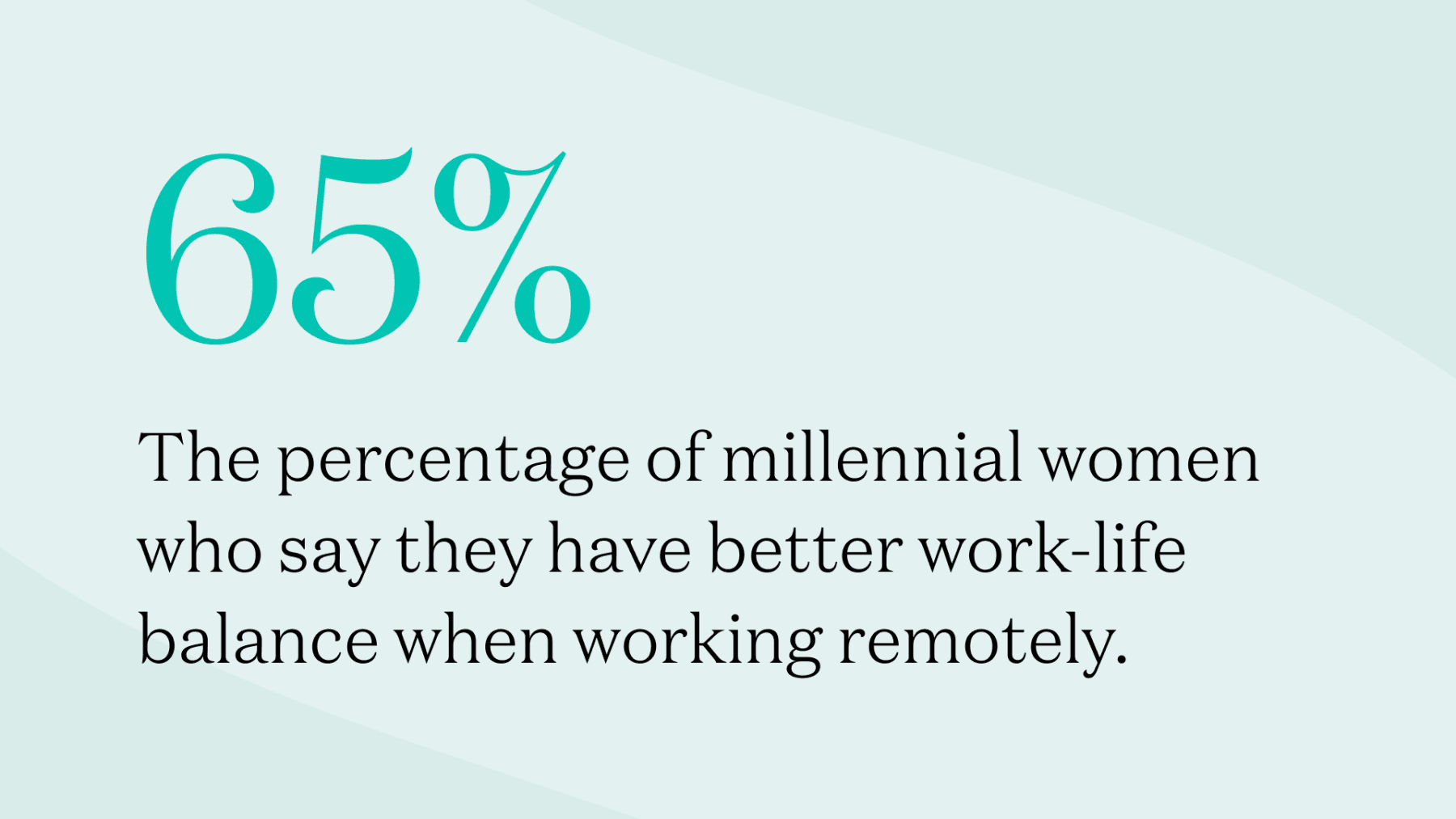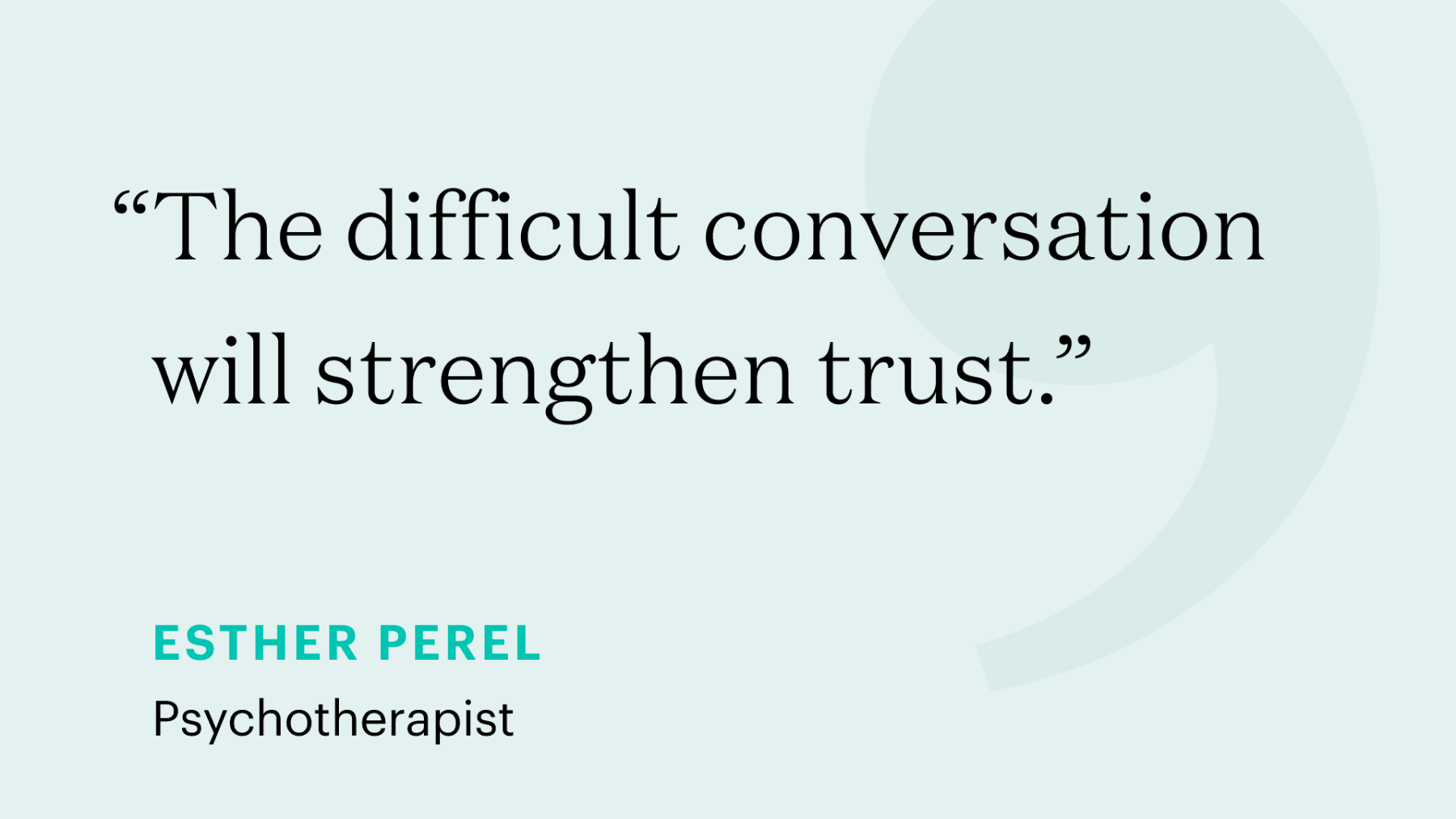How Women in the Workplace Made it Through 2021

It’s Not a Labor(force) of Love
The Story
Women continue to be pushed out of the workforce.
Why?
The pandemic. Cue: The eye rolls and 'we knows.' But job losses for women continued into 2021. Remember: Since Feb 2020, more than 4 million US jobs have been lost. And women make up more than half of those losses. While the 2021 dip wasn't as sharp, it wasn't much better. In September, a record 300,000 women (aged 20+) left the workforce. You can thank the Delta wave's impact and back-to-school season for that. And despite overall job gains in October, women — and especially women of color — are still bearing the brunt of job losses. All of that's resulted in a word we can't wait to never say again: 'shecession.' And there's a lot to it.
Go on.
As women continue to multitask to the point of burnout (more on that below), the issues affecting them have grown. Think…
The care crisis…The pandemic put a spotlight on an already broken system. And now it's burning the candle at both ends. On one end, parents are having trouble finding reliable and affordable care for kids or family members. Making it difficult for women to search for jobs or stay in the workforce. And on the other, care facilities are suffering from the effects of the pandemic too. Especially with labor shortages. And it's forcing places like daycares and nursing homes to jack up prices, lower enrollments, or even close their doors.
Psst…Our co-founders and co-CEOs spoke to several industry leaders about this issue. Here's what they had to say.
Failing diversity efforts and inequality…The nationwide racial justice protests in 2020 caused companies to increase their focus on diversity initiatives. But over a year later, many women of color aren't seeing the receipts. One example: In November, 91,000 Black women left the labor force. And Black and Hispanic women, who disproportionately work in some of the hardest-hit industries (think: service and hospitality sectors), continue to see high rates of unemployment throughout the year. Meanwhile, a recent study shows that women of color are not getting the support they need at work. They're lacking active allies in the office. And are facing microaggressions in the workplace — which has serious negative effects. Including being twice as likely to feel burnt out. This brings us to...
Workplace burnout…It's growing faster than chi-chi-chi-chia. In 2021, the average American workweek got 10% longer. So it's no surprise that burnout increased 10% for working women this year too. The annual Women in the Workplace study found that 42% of women are "often" or "almost always" feeling burned out. We repeat: almost always. Meanwhile, one in three women said they're considering "downshifting" their careers. And four in 10 say they're ready to update their resumé...or leave the workforce altogether.
What's next?
President Biden aims to pass legislation that could help working moms manage childcare. It includes plans to expand access to preschools, enhance the child tax credit, and drumroll please — create a federal paid family leave policy. The benefits of paid leave not only help employees from a health perspective. But help the overall economy. Think: Happy employees = less turnover in the workforce. Now, lawmakers are negotiating a deal to make it happen. But it's facing heavy pushback over cost concerns. Meanwhile, experts say employers can better retain more women workers by offering flexible work schedules, being transparent, and adjusting policies to better support employees.
What's the good news?
2021 has had its set of challenges. But this year, women in the workplace have shined as strong leaders. They stepped it up when it came to supporting diversity efforts and helping employees manage work-life balance. All of which has led to happier employees. And in June, 41 women broke the record for the most women leading Fortune 500 companies. Oh, and here's something that could reportedly help some women return to work: Anyone five years and older is eligible to receive the Pfizer vaccine.
theSkimm
As the pandemic has bled into another year, the conversation around women and work has shifted. And the effects of the pandemic continue to expose holes in the US's work culture and care economy. More women picked up the slack for care at their homes and in their offices. And as burnout rates increase, something has got to give.
Redefining the Workplace

In 2021, many workers returned to the office for the first time in more than a year. And others are getting ready to head back in the new year. No matter if or when you go back to your OG desk, the workplace will look a lot different than it did pre-COVID. Including when it comes to...
Working from home…is here to stay. As many businesses started to reopen their office doors this year, they realized: Nearly two years of WFH worked...so why not keep the trend going? And have implemented more flexible policies that give workers the option to do just that, full-time. It’s given employees more of a work-life balance, including for many Skimm’rs. Earlier this year, we polled our audience and found that 65% of millennial women had a better balance when working remotely. Plus, nearly two-thirds of millennial women view remote work as a priority.
Hybrid-work models…aka the best of both worlds. In our polling, we also found that two-thirds of millennial women believe they’re missing career opportunities by not being in the office. And not everyone wants to be forced to work from home (or their bed, or their couch) or commute to work every day. Enter: the hybrid option. Which many workers are into: One study found that 83% of workers prefer the mix-and-match method.
Vaccine mandates...could prevent some workers from coming into the office IRL. Vaccines became widely available throughout the US this year. And as a result, many employers — from small businesses to Big Tech and the federal government — required their workers to get a shot. The goal: keep the office as safe as possible and prevent the spread of COVID-19. But employer vaccine mandates have faced pushback. Some argue that employers and governments are overreaching by imposing them. And that they shouldn’t be forced to do something when it comes to their personal health. There have also been concerns that vaccine mandates in the workplace have led to...
Labor shortages…are disrupting businesses around the country. In recent months, job openings hit a record high — but employers have still struggled to find workers to fill those roles. There are a few reasons for all of this (see: above). And shortages have even given union workers leverage to demand better pay, benefits, and work conditions. Time will tell if we’ll see more shortages in the new year.
Career Tips From Experts

This past year has been a challenging one for women at work. On our career podcast "9 to 5ish," we got the work advice you need, from women who've been there, to help you navigate the tough and not-so-tough work moments. And this year, our guests brought their A-game. Thinking about your big career goals for 2022? Here are three episodes to revisit during your holiday downtime.
Shawna Thomas, Executive producer, CBS Mornings: Shawna is an executive producer on morning TV. And she got that job by working her way up in the media business. She told us: she’s made herself stand out by leaving "Easter Eggs" on her resume. Think: interesting fun facts, out-of-the-box jobs, or non-traditional hobbies.
Julianna Margulies, actress: You know Julianna from "ER," "The Good Wife," and "The Morning Show." But even though she’s a highly awarded actress, Julianna’s always had a backup plan in case acting, or whatever job she was doing, didn’t work out. Tune in to this ep for her advice on knowing how to start making your backup plan — and how to say "no" to certain jobs.
Esther Perel, psychotherapist: Esther Perel is the expert on relationships — including workplace dynamics. From tense relationships with coworkers to a boss who won’t quit micromanaging, Esther shared how we can all start to communicate better, build meaningful relationships with our coworkers, and have empathy for each other in the workplace.
Live Smarter
Sign up for the Daily Skimm email newsletter. Delivered to your inbox every morning and prepares you for your day in minutes.
© 2012-2025 Everyday Health, Inc., a Ziff Davis company. All rights reserved. theSkimm is among the federally registered trademarks of Everyday Health, Inc., and may not be used by third parties without explicit permission
This site is protected by reCAPTCHA and the Google Privacy Policy and Terms of Service apply.